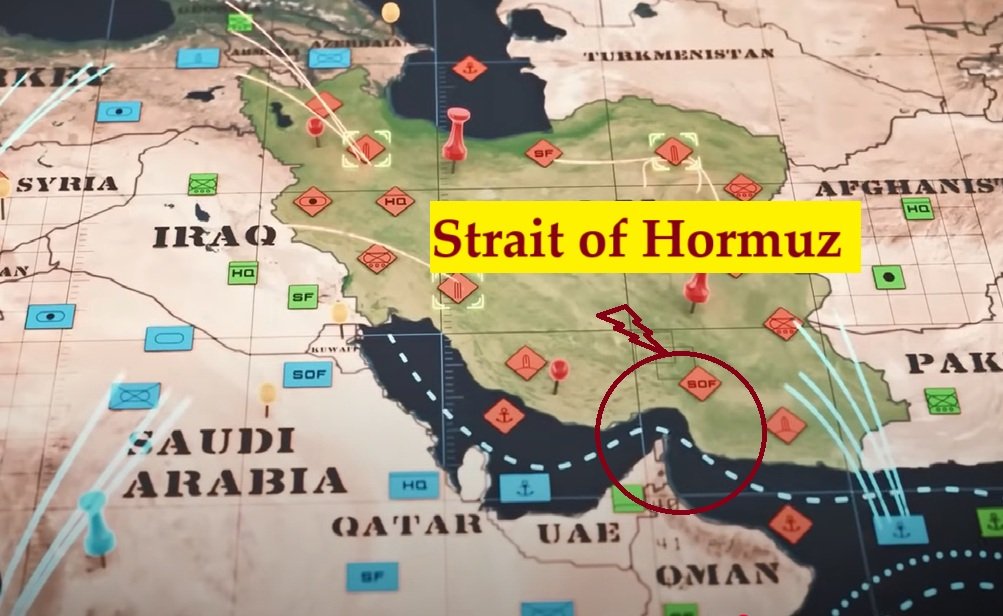
Key Developments
- Iran’s parliament approves a move to close the Strait
In response to U.S. airstrikes on its Fordow, Natanz and Isfahan nuclear facilities, Iran’s parliament backed a measure to shut this critical passageway. The final decision now lies with the Supreme National Security Council and Supreme Leader Khamenei. - U.S. officials reach out to China for diplomatic leverage
Secretary of State Rubio urged China to pressure Iran against the closure, warning that such a move would amount to “economic suicide” and invite international retaliation. - Global commodity markets on edge
Oil analysts estimate that even the threat of a shutdown has driven Brent crude above $77/barrel, with projections that a full blockade could spike prices over $100–$150/barrel. - Iran considering asymmetric warfare tools
Rather than an overt blockade, Tehran might deploy mine warfare, drones, missile salvos, or cyber operations to impede passage—tactics already highlighted as part of its territorial defense strategy. - Regional escalation fears grow
Reports suggest Yemen has formally entered the conflict on Iran’s side, broadening the flare‑up that now links the Hormuz crisis to the wider Red Sea maritime security situation.
🌍 Impact Overview
| Stakeholder | Expected Consequences |
|---|---|
| Global Oil Market | Prices poised to surge dramatically; economies could face inflation shocks. |
| Europe & India | European and Indian supply heavily rely on the channel; temporary rerouting or stockpiles may buffer, but an extended closure threatens wider trade disruption . |
| U.S. & Allies | Naval patrols (e.g., U.S. Fifth Fleet, EU’s EMASoH assets) have been reinforced to ensure passage . |
| Iran | A closure could hurt Iran’s own exports and strategic relationships, especially with China, making the threat high-risk . |
🧭 Outlook
Wider conflict remains a danger
With escalating involvement from regional proxies and potential sea-mine activities, any maritime disruption could spark a broader confrontation.
Diplomatic window still open
U.S. officials have stated they’re ready for talks should Iran opt for a diplomatic path—or escalate through maritime threats.
Closure likely symbolic if executed
Analysts suggest Tehran may opt for limited disruption tactics rather than a full transit ban to avoid global isolation.
